We knew traveling abroad would be more complicated than it might have been another year, so we agreed we’d stay flexible. The complications began immediately. We had planned to spend the second two weeks of July in the U.K., but just a few weeks before we arrived, the British government designated the United States an “amber country.”
That meant we had to have a COVID test just before we flew to England, another on Day 2 after our arrival and yet another on Day 8. There was a provision for us to test on Day 5 as well, and if we tested negative, we’d have our Get Out of Jail Free card early.
We spent a total of $1200 on COVID tests. Full disclosure: we waited too late to schedule the correct test in Austin, and ended up using a private hospital that didn’t accept our insurance. We had to order tests in England from a private lab.
Meanwhile, however, we were to quarantine.
We weren’t thrilled imagining spending our first week abroad locked up in a hotel. Enter our friends Maggy and Lion, who invited us to spend that week with them in their home in the country, in Devon. We accepted gratefully, and they were lovely hosts. We were able to go for walks, and when we were allowed out, to explore this remarkable area.
Maggy Whitehouse has lived a fascinating life. She was a journalist and BBC Radio presenter, and is the author of many books. In recent years she turned her attention to scholarly research and became a priest. She is now widely recognized as the world’s foremost expert on the Kabalah. She’s also gaining quite a reputation as a standup comedian, gently skewering Britons’ ambivalent relationship with organized religion.
For our purposes, Maggy stepped in as medical technician, administering the three COVID tests Dempsey and I had to have once we were in England.
Devon is a county in the southwest part of England. It’s characterized by gentle hills that sweep down to rivers and trees and charming hamlets and villages. Much of the land is cultivated or used for raising sheep, goats and cattle, so you can stand on one hillside and see the other side folding down like a colorful quilt. Devon is also rich in history.
Dartmoor National Park, which surrounds and weaves through this cozy landscape, is 360 square miles of craggy landscape with treeless hills topped by outcroppings of granite, called tors. The hills roll down into forests and rivers. Wild ponies, as well as wild and domestic horses, sheep and goats roam the moor grazing, ensuring the soft grass covering is just a few inches tall. There are Bronze Age rock formations, constructed by the people who lived thousands of years ago.
We feasted at Maggy’s table. Here for tea: scones with Devon clotted cream and her prize-winning homemade jam.
Most former parishioners lie in the graveyards adjacent to the churches. This Tudor gentleman was entombed near the altar, by the hymnals. For the people of Devon, and everywhere we went in Britain, past and present co-exist comfortably.
Every few miles, there are hamlets and villages and many very old houses with thatched roofs. The ancestors of today’s villagers have lived on this land for more than 4,000 years.
Hedges often serve as fences, and most roads are one lane. When cars approach each other from opposite directions, someone just backs up far enough to squeeze to the side
Ruins of Okehampton Castle, built shortly after the Norman invasion and updated as a residence in the 14th Century. It was abandoned after the owner incurred the disfavor of Henry VIII in 1539.
Walking with Maggy and her sweet beagles. I climbed through a fence we soon learned was electrified, and I tumbled onto my hands and knees. You will see to pictures of that.

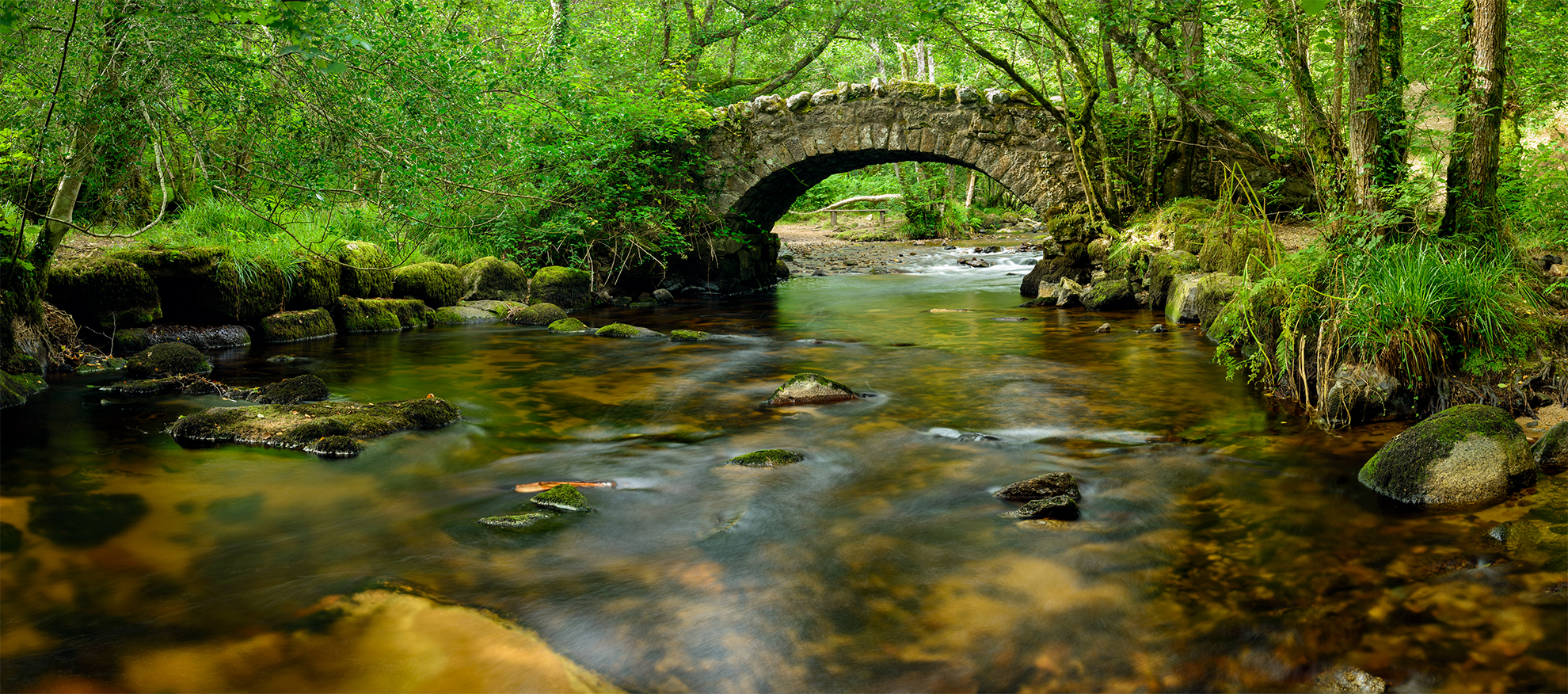
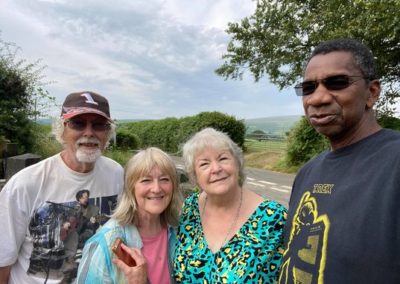
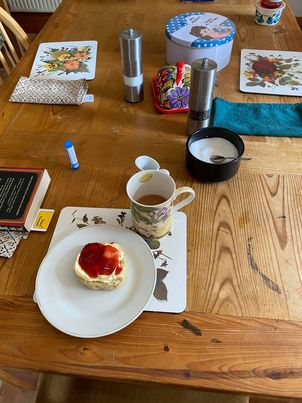
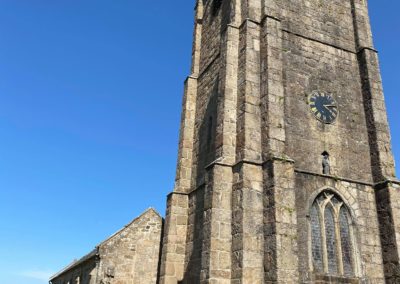
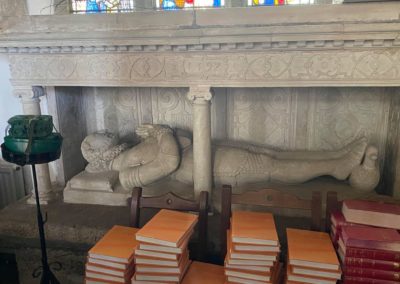
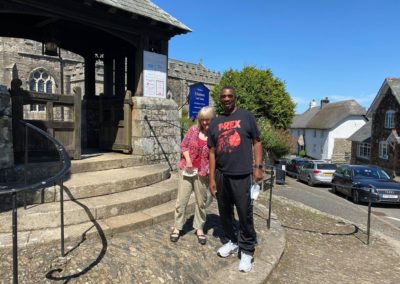
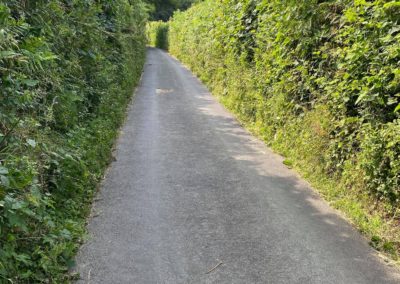
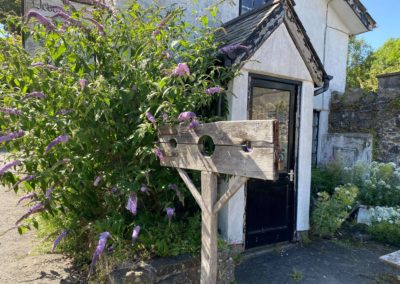
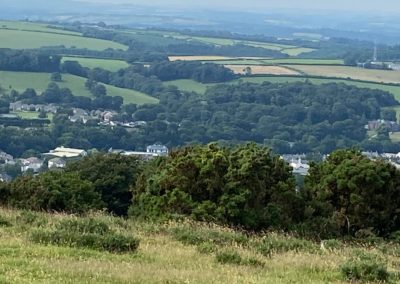
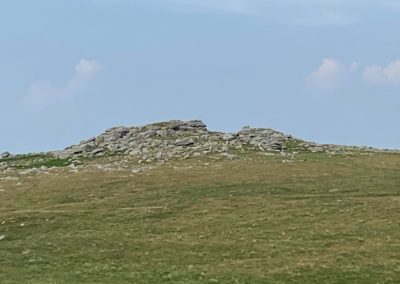
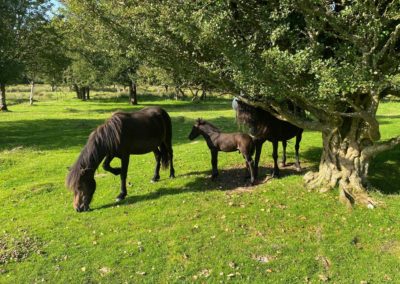
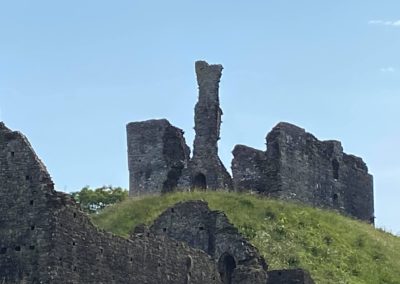
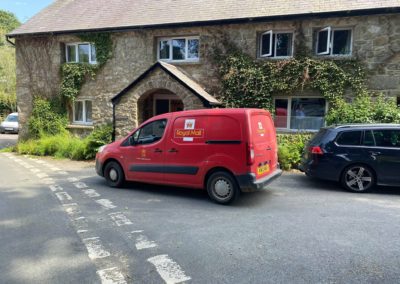
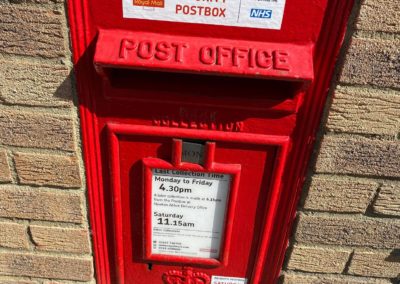
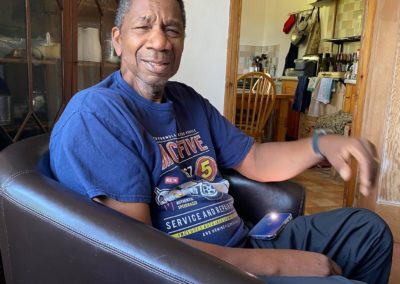
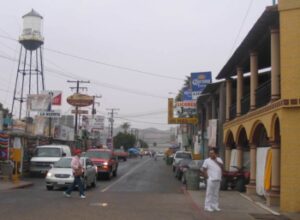
0 Comments